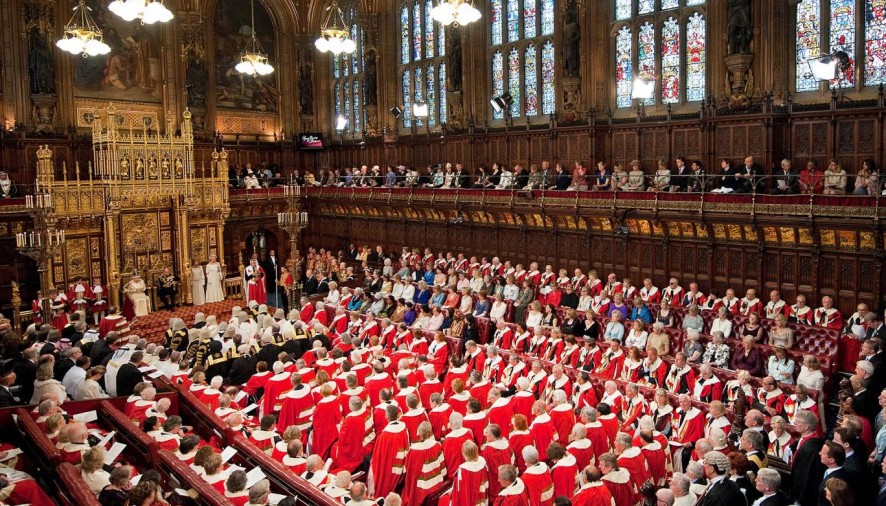The House of Lords has voted to delay the tax credit cuts proposed by the government and make moves to protect people set to lose out from them. In a vote on Monday night peers approved, by a majority of 17, an amendment from Lady Hollis that declines to approve the cuts until the government responds to analysis of the policy by the Institute for Fiscal Studies (IFS), and sets out a plan to protect existing tax credit claimants for at least three years.
The Lords stopped short of a so-called “fatal” motion, put forward by the Lib Dems, which would have totally rejected the tax credit cuts. Instead, Hollis’ amendment slams the brakes on this legislation and demands the government think the policy through again.
This move by the Lords is certainly controversial; since the 1911 constitutional crisis, when the Lords blocked the “People’s Budget” of the Liberal government, the convention has been that the Lords does not obstruct the will of the Commons on matters of finance or taxation. Indeed, the Tories have vociferously criticised the Lords for breaking this convention and, in essence, overstepping their constitutional reach by “holding the government to ransom”.
However, the Lords are right to take a stand against the government’s tax credit cuts. The function of the Lords is to be a revising chamber that prevents ill-conceived legislation from wrecking people’s lives. The fact that the tax credit cuts have not been sufficiently thought through should be clear; analysis from the IFS and other bodies such as the Resolution think-tank clearly shows that the tax credit cuts hit the lowest-earning households hardest, weaken work incentives and are not compensated for by increases to the minimum wage. The Lords can and should delay legislation that has not been soundly devised.
Not only this but the Lords has a role to play in holding government to account. The Conservatives have argued that the Lords are breaching the Salisbury Convention – that the Lords refrains from blocking the manifesto promises of a winning party. This would be a valid point, were it not for the fact that the Tories repeatedly gave assurances at the election that there would be no cuts to tax credits. Much of the Tories’ platform at the election was also based on being the party of the working people – a claim that’s rendered laughable by the effects of tax credit cuts on low-earning, in-work households.
What the Lords are doing is quite the opposite, then, of obstructing a manifesto promise. They are holding the government to account on a pledge they made at the election. This is not the same as holding the government to ransom; it is worth stressing that the Lords have delayed the policy to make the government reconsider, not blocked it outright. This is not an unelected chamber forcing its will upon the people. Rather, the Lords is acting as a constraint on the excesses of the government. That is surely an important feature of any democratic system. If anything, it helps to prevent a further decay in the already tattered reputation of the political system by calling the Tories out on the promise they broke.
The Lords has many problems and itself needs reform, but it has shown its value in forcing the government to make a serious case for its policies and protecting those who would be affected by the cuts if they retained their force.
Sam Robinson
Image source: The Independent

